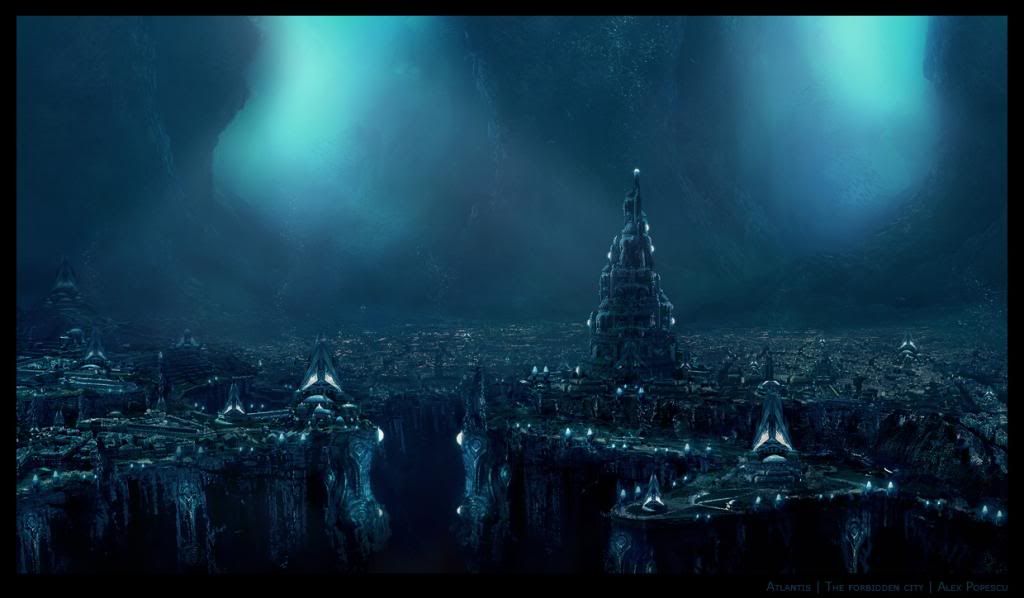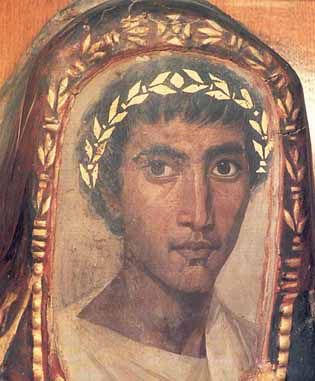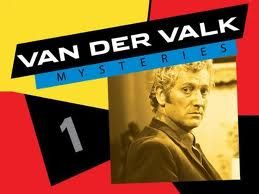Although I live in the Virginia 'burbs a 30-minute drive (rush hour, add one hour) from the madness that is our national capital, I avoid going there as much as humanly possible. Maybe once a year on average, and that only for concerts at the Kennedy Center. I normally have no reason to go downtown, into the heart of The Beast.
But yesterday my wife and I had an appointment with a health insurance broker, whose office happened to be on K Street, ground zero in the Washington power game.
The grandiose changes in the city weren't far from shocking. Perhaps they should have been expected. I often read in the media about how the District of Columbia and environs are now basking in prosperity while half the country it rules -- yes! I said it! rules -- is on some kind of federal feeding tube.
Indulge me as we take a little time trip. Washington's streets were paved with mud when Thomas Jefferson trod them. I have a few memories of the capital city as it was in the early 1960s. Outside of the pillared government and institutional buildings and the areas around the monuments, quite a bit of it was shabby.
I'm not talking just about the residential slums. Before Pennsylvania Avenue, between the Capitol and the White House, was tarted up (I think for the '76 Bicentennial), along its length were cheap luncheonettes and "news vendors" that sold dirty books in the back. The present FBI Bunker stands on the site of some of them.
In 1991, I sold out principle and decency, hoping to make some money after years of poverty in Santa Fe, and moved to Washington. Even then quite a bit of the central city was downmarket, with a biker's bar right on K Street and lots of tired office buildings and dingy old tourist restaurants.
And now? Well, mix New York's Madison Avenue, Las Vegas, Boca Raton, and throw in a little Jermyn Street from London and there's your up-to-date nation's throne room.
Glitz like you wouldn't believe. Haut couture. Gentlemen's pink shirts from the finest Piccadilly shops. Exotic dining temples for the sheik trade.
And those formerly dilapidated old buildings? Blitzed to build marbled office palaces for lawyers, corporations, and corporation lawyers. Or gutted and refurbished into posh hotels for jet-setting grandees and diamond-sparkled charity balls.
Animated fashion models, formerly known as people. And drink. Lord, every kind of booze-up station, from cute to punk to oh-my-dear-how-elegant.
Drop by the Imperial City next time you're in the neighborhood. And when later you hear a hip-hop star lip-synching the National Anthem, recall what you saw. This was yours once, albeit a sleepy and ill-kempt southern city. Now it belongs to the federal remora class -- politicians, their suck-ups, NGO officials, lobbyists, tuxedoed waiters, law firm sultans, regulators, and barely visible in the shadows the legions of bureaucratic paper shufflers.















